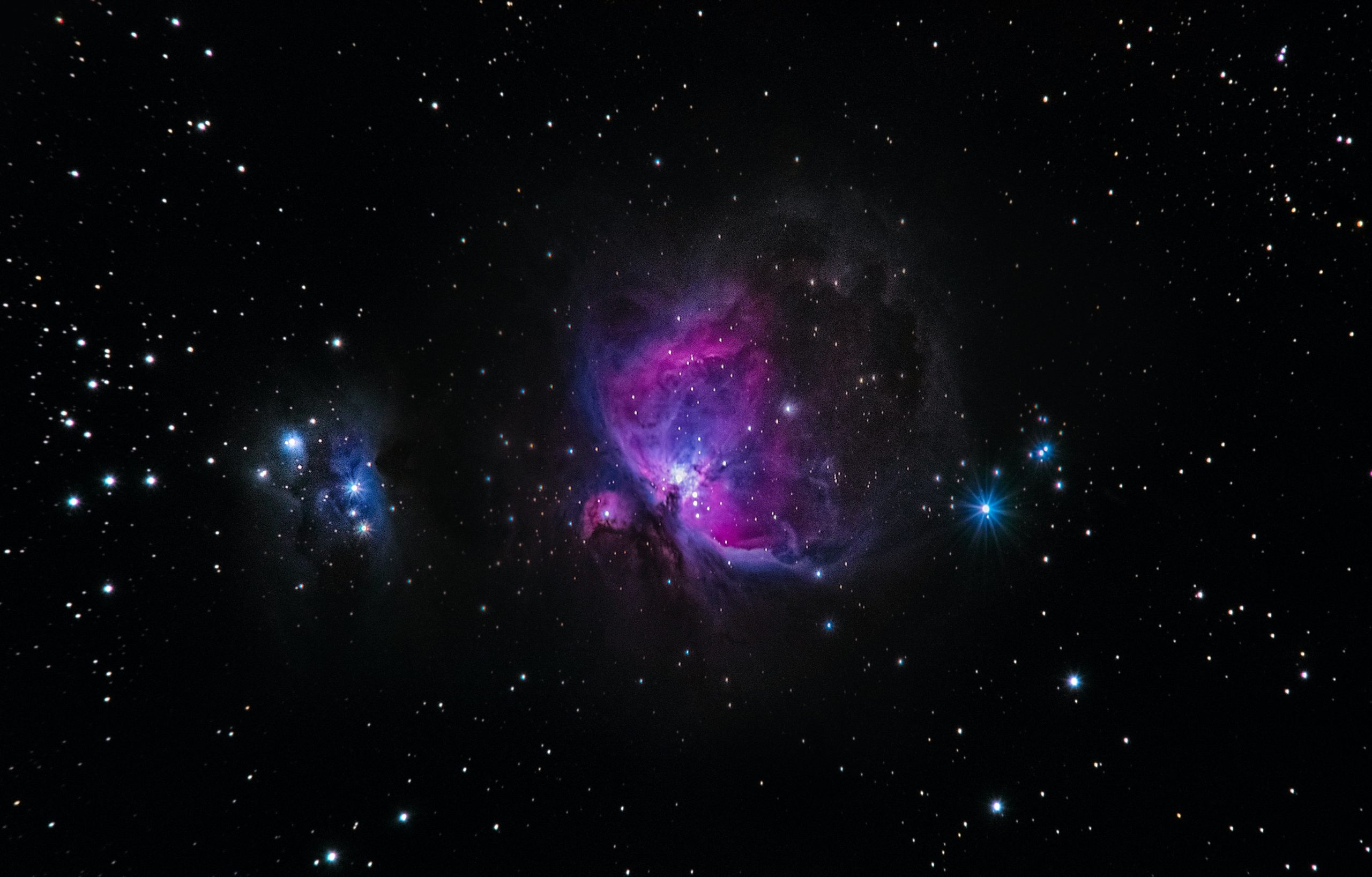Reincarnation: Hinduism’s Cycle of Life

Looking for more amazing products? Check out our online store and explore our collection here! Happy shopping!
Before diving in, please note: This post is for informational purposes only. If you’d like to know more about how we approach topics, feel free to check out our friendly Disclaimer Page.
Hey there, amazing readers! 
We’re committed to delivering quality posts, and your support (even just sticking around despite the ads) means everything to us. So, bear with us, and thanks for helping us keep the good vibes rolling. Now, on to the fun stuff!
TRANSLATE BUTTON AT THE END OF THE ARTICLE
Understanding Reincarnation in Hinduism
Reincarnation, a fundamental concept in Hinduism, refers to the cycle of birth, death, and rebirth that souls undergo.
This belief suggests that the soul is eternal and passes through various physical bodies in successive lives.
The idea behind reincarnation is that each life presents opportunities for spiritual growth and evolution.
Hindus believe that the actions and deeds in one’s current life determine the circumstances of the next life.
Therefore, the cycle of reincarnation serves as a means for individuals to learn, grow, and ultimately attain liberation from the cycle of rebirth.
The Origins of the Cycle of Life
The concept of reincarnation has its roots in ancient Indian scriptures and texts, particularly the Vedas and Upanishads.
These sacred texts discuss the eternal nature of the soul and how it transmigrates from one body to another.
The idea of reincarnation also emerged as a response to the question of human suffering and the inequalities in the world.
It provides a framework for understanding the complexities of life and the moral implications of one’s actions.
Over time, the concept of reincarnation became intertwined with the broader philosophy of Hinduism, shaping the religious beliefs and practices of millions of followers.
Rebirth According to Hindu Beliefs
In Hinduism, the cycle of rebirth is intricately connected to the concept of karma.
Karma refers to the law of cause and effect, where the actions and intentions of an individual have consequences that carry over into future lives.
According to Hindu beliefs, good deeds lead to positive consequences in future lives, while negative actions result in suffering and hardships.
This system of karma influences the circumstances of one’s rebirth, determining the social status, health, and experiences a soul will encounter in its next life.
Ultimately, the aim is to accumulate positive karma and break free from the cycle of rebirth.
Karma: The Driving Force Behind Reincarnation
Karma plays a central role in the cycle of reincarnation in Hinduism.
It is believed that every action, thought, and word has karmic implications that shape one’s destiny.
Positive karma leads to favorable rebirths, while negative karma results in suffering and setbacks.
The accumulation of karma over multiple lifetimes influences the soul’s journey towards liberation.
By aligning one’s actions with dharma, or righteous living, individuals can generate positive karma and progress towards spiritual growth and enlightenment.
Understanding the law of karma is essential for navigating the cycle of rebirth and working towards ultimate liberation.
The Role of Dharma in Reincarnation
Dharma, often translated as duty or righteousness, is a guiding principle in Hinduism that underpins the concept of reincarnation.
Living in accordance with one’s dharma involves fulfilling one’s responsibilities and obligations in a morally upright manner.
By following dharma, individuals not only contribute to society but also generate positive karma that influences their future lives.
Dharma acts as a moral compass, guiding individuals on the path towards spiritual growth and liberation.
It serves as a foundational principle for understanding the complexities of the world and one’s role within it.
How Souls Transmigrate in Hinduism
According to Hindu beliefs, the soul, known as the atman, transmigrates from one body to another through the process of reincarnation.
The atman is eternal and immutable, carrying with it the impressions and experiences from past lives.
When an individual dies, the atman leaves the physical body and seeks a new incarnation based on its accumulated karma.
The soul’s journey through different bodies allows it to learn, evolve, and ultimately attain liberation from the cycle of rebirth.
The process of transmigration continues until the soul achieves moksha, or liberation from the cycle of samsara.
Reincarnation and the Law of Cause and Effect
Reincarnation in Hinduism is closely tied to the law of cause and effect, where every action has consequences that reverberate across lifetimes.
The law of karma dictates that individuals will reap what they sow, whether in this life or the next.
Positive actions lead to positive outcomes, while negative actions result in suffering and setbacks.
By understanding the interconnected nature of cause and effect, individuals can take responsibility for their actions and strive towards spiritual growth and enlightenment.
Reincarnation serves as a means for individuals to learn from their past deeds and make conscious choices that shape their future lives.
Liberation from the Cycle of Rebirth
The ultimate goal of reincarnation in Hinduism is to attain liberation from the cycle of rebirth, known as moksha.
Moksha represents freedom from the endless cycle of samsara and the attainment of spiritual enlightenment.
Achieving moksha requires individuals to transcend their ego, desires, and attachments, and realize their true nature as eternal souls.
Through self-realization and spiritual practice, individuals can break free from the cycle of birth and death and merge with the divine.
Moksha is the culmination of the soul’s journey through multiple lifetimes and the fulfillment of its ultimate purpose.
Different Paths to Moksha in Hinduism
Hinduism offers various paths, or margas, for individuals to attain moksha and liberation from the cycle of rebirth.
The four main paths include:
Karma Yoga: The path of selfless action and service to others.
Bhakti Yoga: The path of devotion and worship of the divine.
Jnana Yoga: The path of knowledge and self-realization.
Raja Yoga: The path of meditation and self-discipline.
Each path offers a unique approach to spiritual growth and enlightenment, allowing individuals to choose the method that resonates most with their temperament and spiritual inclinations.
By following one of these paths with sincerity and dedication, individuals can progress towards moksha and ultimate liberation from the cycle of samsara.
Reincarnation Stories in Hindu Scriptures
Hindu scriptures, such as the Bhagavad Gita, the Mahabharata, and the Puranas, are replete with stories of reincarnation that illustrate the workings of karma and the cycle of rebirth.
These stories often feature divine incarnations, known as avatars, who descend to earth to fulfill a specific purpose or teach important lessons.
The stories of Lord Krishna, Lord Rama, and other avatars exemplify the principles of dharma, karma, and moksha, providing guidance and inspiration to followers.
Through these stories, Hindus gain insight into the eternal nature of the soul and the interconnectedness of all beings in the universe.
The Influence of Reincarnation on Hindu Culture
Reincarnation plays a significant role in shaping Hindu culture, traditions, and practices.
The belief in the cycle of rebirth influences how individuals approach life, death, and morality.
It fosters a sense of accountability for one’s actions and emphasizes the importance of living in harmony with the natural order of the universe.
Many Hindu rituals and ceremonies are designed to honor the cycle of life and death, including funeral rites, ancestor worship, and festivals that celebrate the eternal nature of the soul.
Reincarnation is not just a religious belief but a cultural touchstone that permeates all aspects of Hindu society.
Reincarnation: A Universal Concept in Hinduism
Reincarnation is a universal concept in Hinduism that transcends individual beliefs, practices, and traditions.
It is a fundamental principle that underpins the entire religious and philosophical framework of Hinduism.
The cycle of rebirth serves as a mechanism for spiritual growth, moral evolution, and the pursuit of liberation from the cycle of samsara.
Whether through the stories of divine incarnations, the teachings of ancient texts, or the rituals of daily life, reincarnation informs the worldview of millions of Hindus around the world.
It offers a profound understanding of the interconnectedness of all beings and the eternal journey of the soul towards self-realization and enlightenment.
Conclusion
In conclusion, reincarnation is a central tenet of Hinduism that shapes the religious beliefs, practices, and culture of followers.
The cycle of rebirth, driven by the law of karma and guided by the principles of dharma, offers individuals the opportunity to learn, grow, and evolve through successive lives.
By understanding the workings of karma, following the path of dharma, and striving towards moksha, individuals can progress towards liberation from the cycle of samsara.
Reincarnation is not just a religious concept but a profound philosophical framework that provides insight into the nature of existence and the eternal journey of the soul.
Through stories, rituals, and spiritual practices, Hindus seek to unravel the mysteries of life, death, and the ultimate purpose of existence.

The Enlightenment Journey is a remarkable collection of writings authored by a distinguished group of experts in the fields of spirituality, new age, and esoteric knowledge.
This anthology features a diverse assembly of well-experienced authors who bring their profound insights and credible perspectives to the forefront.
Each contributor possesses a wealth of knowledge and wisdom, making them authorities in their respective domains.
Together, they offer readers a transformative journey into the realms of spiritual growth, self-discovery, and esoteric enlightenment.
The Enlightenment Journey is a testament to the collective expertise of these luminaries, providing readers with a rich tapestry of ideas and information to illuminate their spiritual path.
Our Diverse Expertise
While our primary focus is on spirituality and esotericism, we are equally passionate about exploring a wide range of other topics and niches 

To ensure we provide the most accurate and valuable insights, we collaborate with trusted experts in their respective domains 
Our blog originally focused on spirituality and metaphysics, but we’ve since expanded to cover a wide range of niches. Don’t worry—we continue to publish a lot of articles on spirituality! Frequently visit our blog to explore our diverse content and stay tuned for more insightful reads.
Hey there, amazing reader! 
Check out our store here and take a peek at some of our featured products below! Thanks for being awesome!










